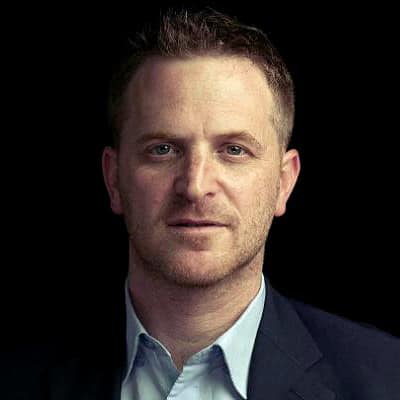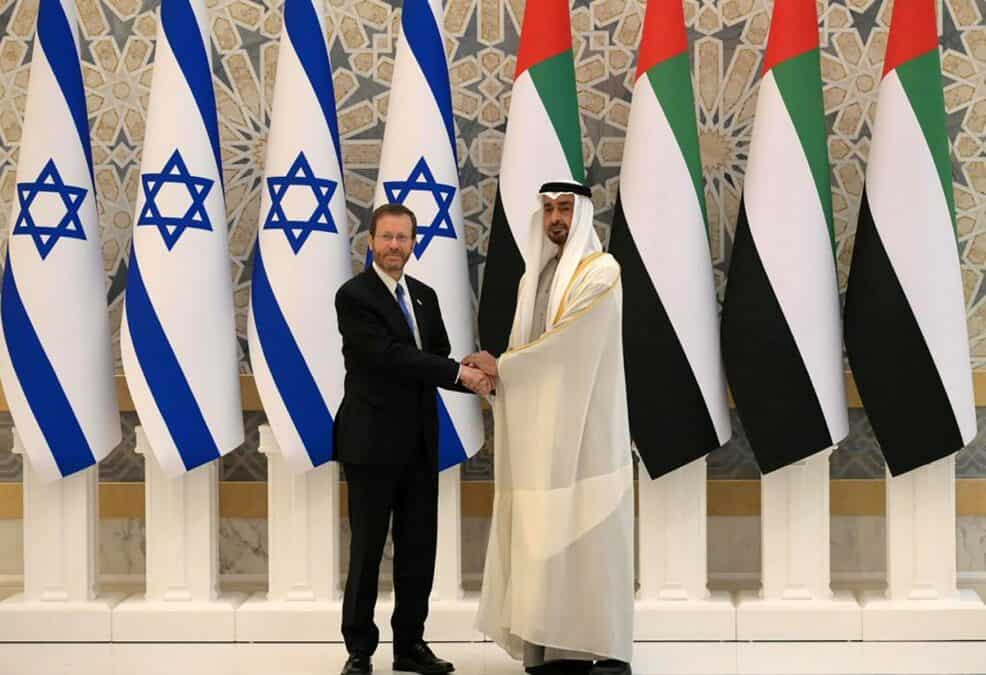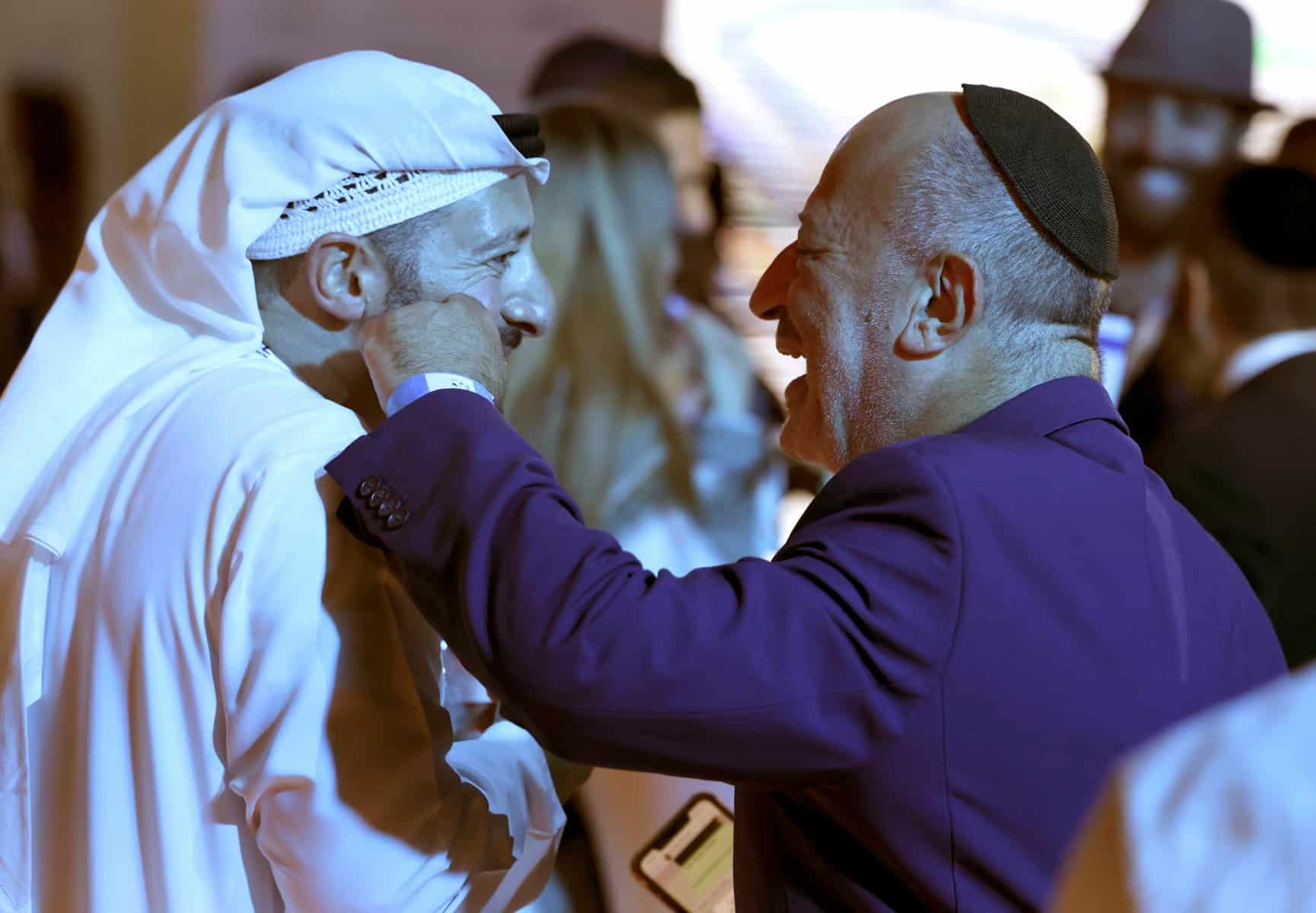Jerusalem — Economic ties between Israel and the UAE are intact and growing despite emerging differences over the Palestinian issue, according to a senior Israeli foreign ministry official dealing with the country’s economic relations in the Middle East.
The differences, which have taken the form of UAE condemnations of Israeli policies and attitudes vis-à-vis the occupied West Bank reflect the UAE’s ambitions for leadership in the Arab world on the one hand and the election in November of the most rightwing government in Israeli history on the other.
Early this month, the UAE sharply condemned remarks by Prime Minister Benjamin Netanyahu’s extremist coalition partner Bezalel Smotrich, calling for the army to “wipe out” the Palestinian village of Huwara in the northern West Bank. The call amounted to an expression of backing for about 400 anti-Arab settlers who rampaged through Huwara in late February, many of them torching homes, businesses and cars.
The UAE foreign ministry slammed Smotrich, objecting to “all practices that are incompatible with moral and human values and principles’ and adding “hate speech and violence must be confronted.”
Ran Peleg, Director of Middle East Economic Relations Department at the Ministry of Foreign Affairs of Israel, told TRENDS in an interview, “We saw the condemnations, but economic ties are strong as usual. Until now there has been no effect. Things are progressing as they should. Trade is continuing to grow.” The UAE also issued statements condemning Israeli raids in the West Bank in January and February.

As an indication that economic ties are on track and growing, Peleg cited a recent gathering in Abu Dhabi of officials and businessmen of the I2U2, a cooperative body comprised of Israel, India, the US and UAE. Israel sent a delegation of 40 people, which included representatives of companies in the realms of food security, agriculture, water and energy.
It also presented a proposal to link the space agencies of the four countries to establish a data space center that will develop civilian satellites and provide for the sharing of information on regional challenges on climate and other issues such as “forecasting the drying up of water sources,” he said.
“We received positive feedback. The deliberations between space agencies have started,” Peleg added.

Peleg highlighted the September 2020 Abraham Accords that normalized Israeli relations with the UAE and Bahrain as an economic turning point for the region, for fueling bilateral trade, boosting ties with Israel’s older peace partners Egypt and Jordan and enabling Israeli entry into new regional markets through the UAE and Bahrain.
Speaking days before Saudi Arabia reestablished diplomatic ties with Iran, he declined to directly address the issue of reported Israel-Saudi business ties. “There is progress and contacts with additional countries with which we do not have relations. The aspiration is that these relations will advance in the near future,” he said.
The Israeli-UAE trade is expected to get an added boost in the next few weeks, Peleg said, with the anticipated signing of a customs agreement that will enable the Free Trade Agreement signed last year to go into effect. “This will take us into a new reality in terms of trade,” he said.
“Taking down barriers for imports of goods from abroad, including those that transit through the UAE, will bring down prices for the Israeli consumer,” Peleg added.
Israel-UAE trade doubled from 2021 to 2022 to a total of US$2.57 billion (Israel imported from the UAE US$1.9 billion and exported to the UAE US$670 million). Peleg expects growth at a substantial rate this year also, with the entry into force of the Free Trade Agreement.
“The trend is very positive and if it continues, the UAE will become one of Israel’s most important trading partners,” he said.
Israel imports diamonds, electronic equipment, Information Technology, and Communications equipment from the UAE and exports diamonds, electronic equipment and cosmetic in addition to high tech, Peled said.
And negotiations with Bahrain on a free trade agreement are in their “final stages” Peleg said. “Our trade relations with Bahrain at present don’t scratch the surface of their potential and we are hopeful the agreement will boost them” Israel exported only two million dollars worth of products to Bahrain in 2022 and imported 11 million, Peleg said.
The strains the Israeli tech industry is currently experiencing amid the controversy over Prime Minister Benjamin Netanyahu’s judicial overhaul plan, transfers by firms and entrepeneurs of money abroad, and the demonstrations that are projecting a sense of disquiet within Israel until now are not impacting on Israeli-Emirati economic relations, Peleg said. “There is no indication the Emiratis have lost faith or desire to do business with Israel. They have a strategic view, they see Israel as a very valuable partner for having an economy with innovative technology and less based on energy resources.”
Peleg said that in fact in leading respects, relations with the UAE amount to a “warm peace” despite the absence of a resolution to the Israeli-Palestinian conflict which, according to official UAE policy should be based on Israel living side by side in peace with an independent Palestinian state in the West Bank and Gaza Strip.
Israel rejects that formula and the avowed goal of the Netanyahu government is to annex the West Bank, where it has just announced a major expansion of settlements considered illegal and obstacles to peace by most of the international community.
Fourteen Israeli ministers have visited the UAE since the Abraham Accords were signed and eight UAE ministers have visited Israel, showing the peace is warm, Peleg said. The expansion of economic ties and creation of a “regional architecture” including multilateral projects, point to the same conclusion, he added.
But, he admitted, the people-to-people relationship between the countries is lagging behind. He declined to blame the policies of Netanyahu’s coalition for this.
“We have an image problem that is not related to the current situation. We had this problem before and after the Abraham Accords and we have it in the Abraham Accords states and with our neighbors. We try to deal with it through public diplomacy, speech and social media and through contacts with youth but it’s definitely a challenge.”
“The image of Israel in the Middle East is not what we would want. In some places it is probably worse than others. It’s a process. With the UAE, we have only had diplomatic relations for two years after decades where there weren’t relations and that shaped how we were perceived.”
“Things will change as we work on the economic, civil and media aspects of the relationship,” he said.








